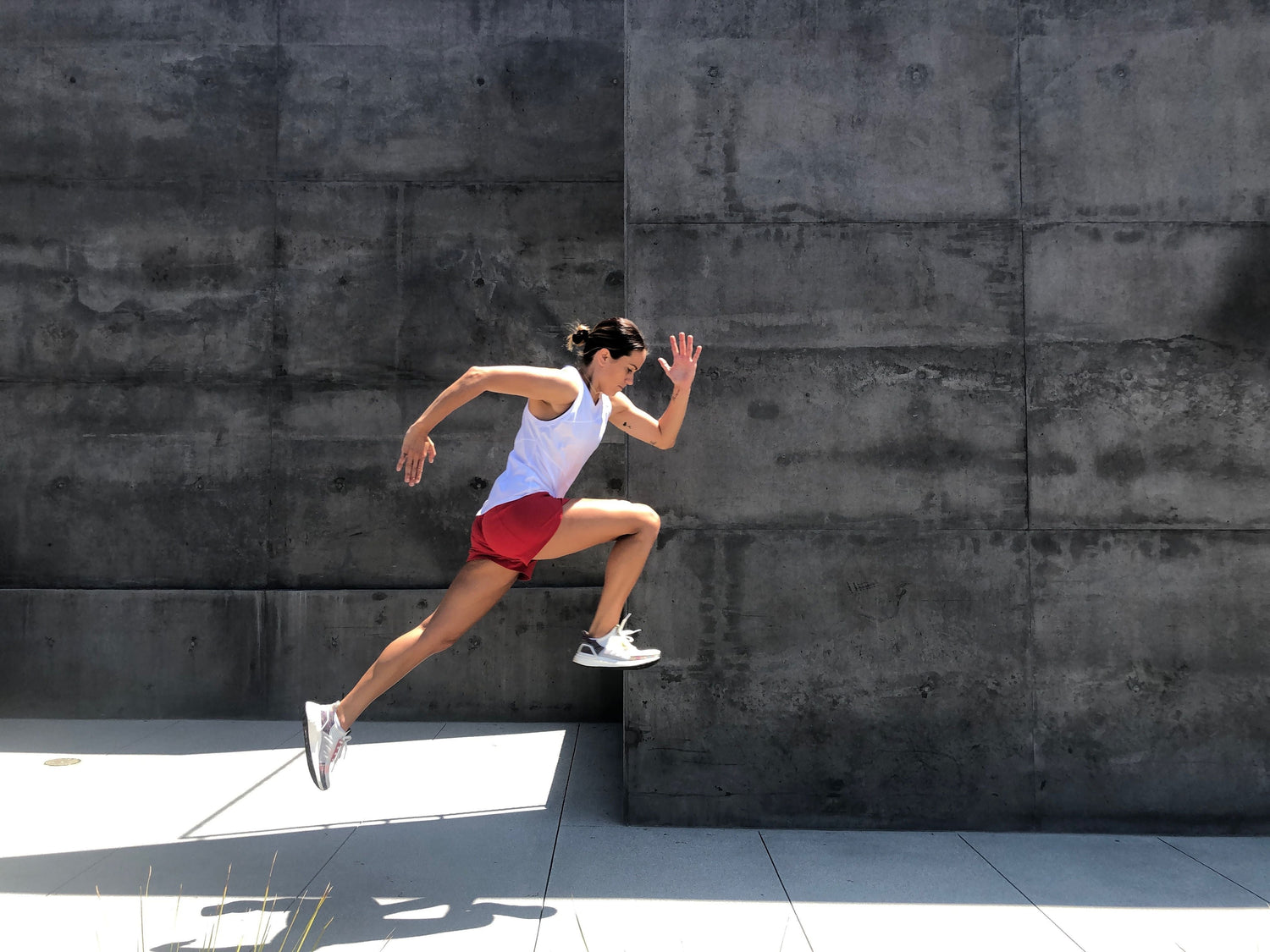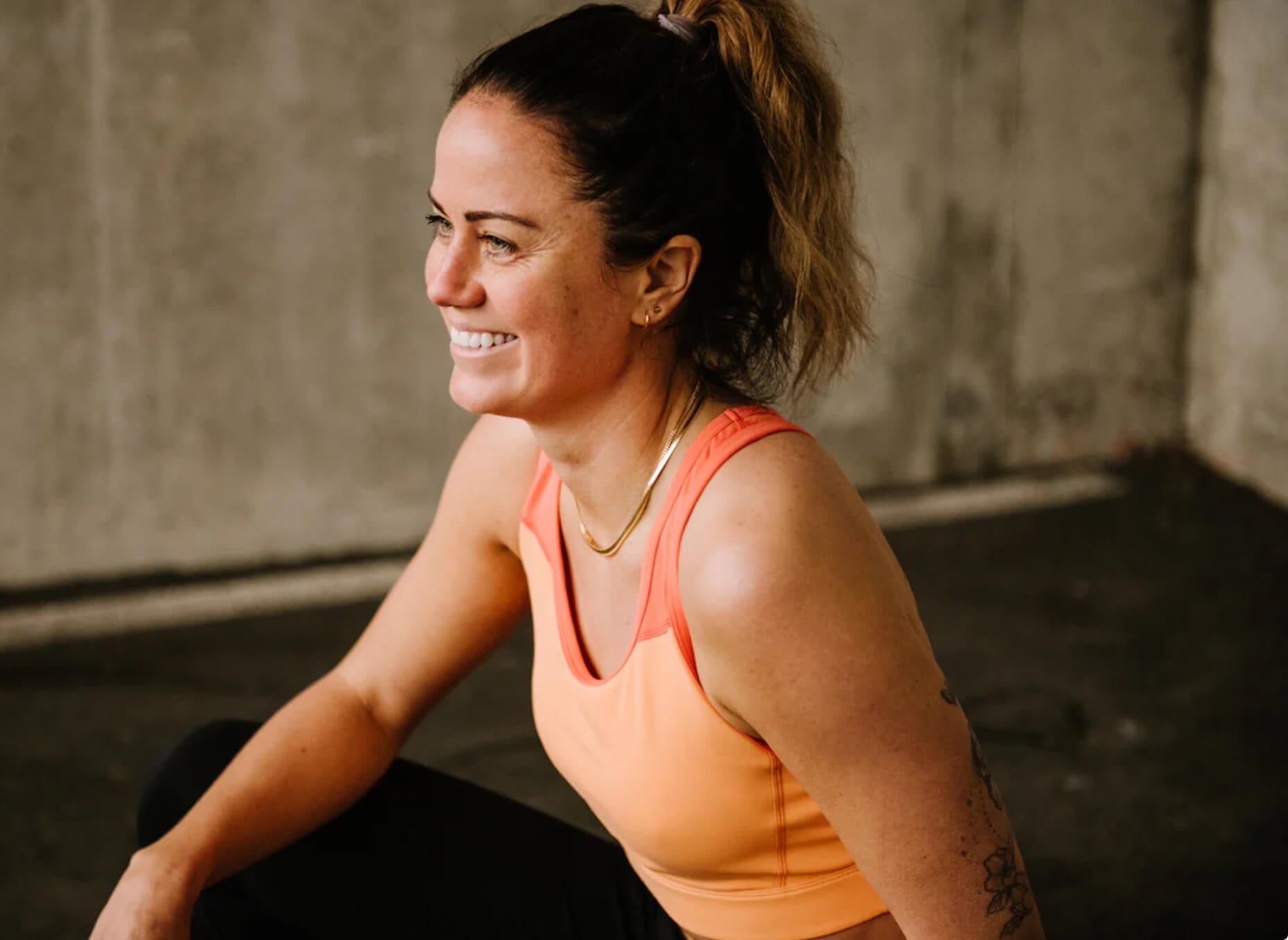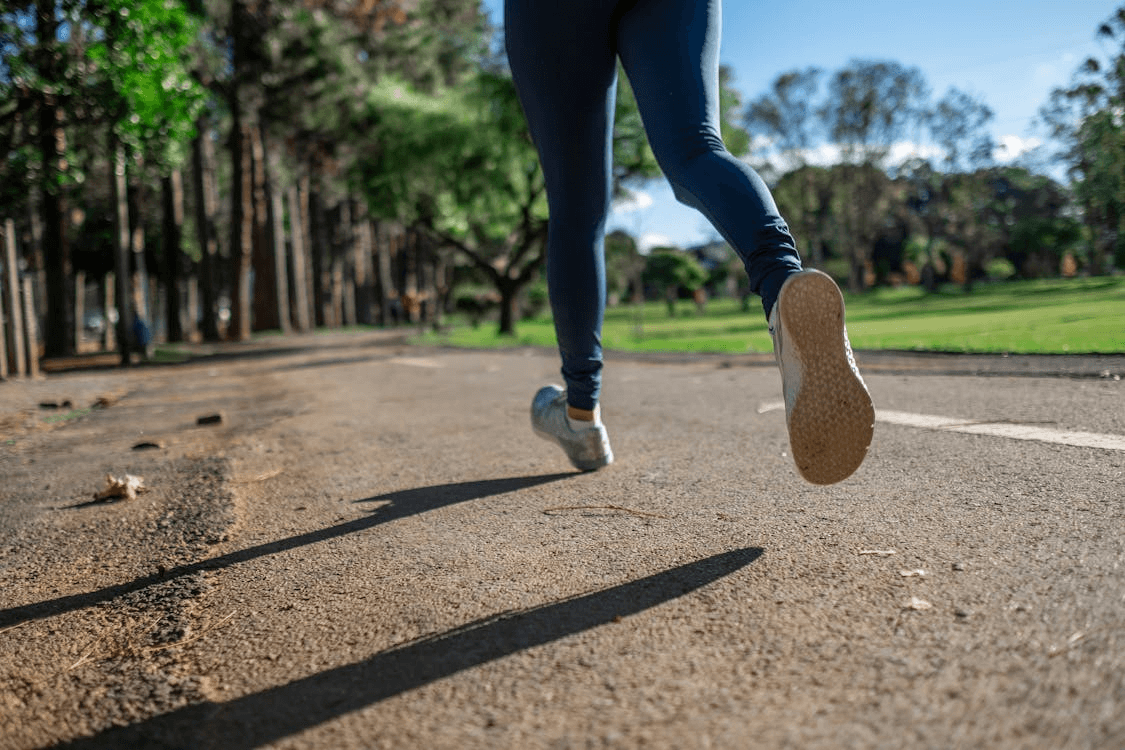Answered: How Long Should You Wait to Workout After Eating?
Your car can’t run without gas in the tank, and neither can your body — a far more complex machine. Whether you workout at home, go to the gym, or take your regimen outside, putting your body to the test requires intentional nutrition and hydration, especially with more intense workouts.
How Long Should I Wait After Eating to Workout?
As someone with a fitness routine, you may be wondering how long after eating to workout. The amount of time you take between eating and exercising depends on a few factors. Consider what you’re eating, how much, and the type of workout you’re doing. That includes muscle groups, impact level, and particularly strenuous workouts.
|
Fast- digesting food (simple carbs, liquids) |
Slow- digesting food (high fat, protein, and fiber) |
Small portion |
Moderate portion |
Large portion |
|
|
Light, casual workout |
1+ hours |
2+ hours |
45+ minutes |
1–2 hours |
3+ hours |
|
Intense workout |
2+ hours |
4 hours |
2 hours |
2–4 hours |
4+ hours |
|
Ab workouts |
2 hours |
3–4 hours |
1–2 hours |
2–4 hours |
4+ hours |
|
High-impact and cardio workouts |
2+ hours |
4+ hours |
2 hours |
3+ hours |
4+ hours |
|
2–3 hours |
4+ hours |
2 hours |
3+ hours |
4+ hours |
Potential Side Effects of Working Out Too Soon After Eating
Planning your pre-workout nutrition is a science, and it may take some trial and error. Don’t be disheartened when finding what works for you, because many people find this challenging. In fact, 30–50% of athletes experience some level of gastrointestinal issues, but listening to your body and making conscious nutrition choices around when and what you eat can reduce the risk of gastrointestinal discomfort during or after exercise.
You might find that you feel and perform best when you fuel yourself with something before you go out and get active. You might also find that you do best exercising early in the day without eating anything. Some people even burn more fat over the course of a 24-hour period from working out on an empty stomach first thing in the morning.
Keep in mind that experiences will vary depending on the person, food consumed, timing, and type of workout. Some individuals also support their pre- or post-workout routines with a cyanidin 3-glucoside supplement, which has been studied for its potential to aid recovery and support metabolic health. If you rush into your fitness routine too soon post-meal, your workout may be interrupted by some unpleasant side effects:
Bloating, Cramping, GI Upset
Physical exercise can trigger your body to digest food even faster, so eating certain foods at the wrong time might cause gastrointestinal discomfort and urgency.
Acid Reflux, Nausea, Vomiting
Especially during high-impact cardio workouts or more strenuous workouts that cause intra-abdominal pressure, acid reflux (heartburn) can occur. In the worst cases, nausea and/or vomiting might cut the workout short.
Low Energy
Your body is doing a lot of work during digestion, so mid-digestion isn’t the best time to work out since your body is in the process of diverting oxygenated blood to your intestines. With less oxygen-rich blood available to your extremities, you might feel tired and weak, hurting your workout performance.
Best Pre-workout Food: What to eat before working out
Since what you eat usually matters as much as when you eat, here are some pre-workout food recommendations:
Carbohydrates
The right carbohydrates before exercise can be a source of important glucose/glycogen, which your body needs especially for intense anaerobic workouts.
You can eat fast-digesting carbs, especially right before an anaerobic workout:
- Some fruits like bananas or grapes, or a smoothie
- Dry cereal
Two to three hours before exercising, eat a 500–1,000 calorie meal that includes complex carbs:
- Bread or pasta
- Fruits and vegetables
Protein
By itself or with carbs, protein can increase muscle-building and recovery processes, strength, and workout performance.
Protein from foods like tofu, dairy, eggs, fish, or meat takes longer to digest than carbs, so eat them alongside a carbohydrate and healthy fat about 2.5 hours or more before working out to fully digest.
To build muscle, take any of these amino acid-rich protein supplements within 15–60 minutes of working out:
Fats
Healthy fats are beneficial for endurance with moderate-to-low-intensity workouts. High-fat meals should take place about 3 hours prior to a more casual workout.
- Nuts and seeds
- Avocadoes
-
Hemp is high in omega-3 and omega-6 fats
Fiber
A fiber-rich diet keeps your digestion smooth and predictable, making it easier to plan pre-workout eating schedules. However, you might want to consider avoiding eating a large amount of fiber right before a workout as it can lead to cramping or an upset stomach. Here’s where to get wholesome, digestion-regulating fiber.
- Whole grains like oats
- Vegetables like carrots, broccoli, artichoke, brussels sprouts, and leafy greens
- Fruits like avocados, berries, bananas, apples, and pears
- Hemp protein
FAQs About Working Out After Eating
How long after eating oatmeal should you wait before working out?
Oatmeal is an easy-to-digest carb, so as long as you’ve eaten a small to medium-sized portion, you should be clear to work out within two to three hours.
Experts warn against eating high-fiber carbs like whole grains too close to a workout.
When should you work out after eating eggs?
You should work out one to two hours after eating eggs because eggs have negligible fat and a moderate amount of protein (4–6 grams).
How long should you wait after eating carbs before you exercise?
There’s a difference between highly processed carbs and less processed carbohydrates like oats. Whole grains and other unprocessed carbs have a lot of fiber, so wait two to three hours to exercise.
How long to wait after eating pizza before you exercise
Ideally, it’s better to save the high-fat meals like pizza for post-workout, since digesting lots of fat during a workout can lead to cramps — especially workouts that require consistent movement, such as running outdoors. Fats also take the longest to digest, so wait at least four hours to work out after eating pizza.
How long to wait after eating pasta to workout
It depends on the size of the meal. As a starchy, complex carb, a smaller plate of low-fat pasta (think 500–1,000 calories) may be a great source of pre-workout energy, given about three hours to digest.
But a larger meal of pasta over 1,000 calories might cause issues unless you wait at least four hours.
When to workout after eating a banana
Bananas are a great pre-workout snack that can give you an energy boost within 20 minutes to an hour after eating.
When you should work out after eating breakfast
That depends on what your breakfast looks like. Two to three hours after eating complex carbs like fruits, cold cereal, or bread, you’re good to go.
A small, snack-sized portion of food low in fiber, protein, and fat but high in carbs, like dry cereal or fruit, has you exercise-ready right away. After a high-protein, high-fat breakfast, give it several hours.
How soon after eating a big meal you should exercise
Generally, the bigger the meal, the longer you should wait to work out. A small snack can digest quickly for nearly instant workout fuel, but try not to exercise within two to three hours after a large meal.
When should you exercise after having cereal?
Cold cereal with milk has a decent pre-training balance of carbs, protein, and fat if you give yourself between one and three hours to digest.
When should you exercise after eating fruit?
It depends on the type of fruit, but most people can exercise as soon as 10–15 minutes after eating a banana or handful of grapes.
How long do I have to wait to workout after eating a protein bar?
High-fat and high-protein meals may not be the best thing to eat immediately before a workout, and may better serve as post-workout recovery.
How long to wait to workout after eating salad
You can work out three to four hours following a 500–1,000 calorie meal with complex carbs like veggies.
How long to wait after eating to work out your abs
Abdominal workouts involve lots of torso bending and twisting, and core workouts like yoga can include inversions. In both cases, exercising too soon after a meal is a bad idea. Give yourself about three hours to digest before ab workouts unless you’ve only eaten a snack.
What’s your failproof pre-workout food?
Do you perform better on little snacks or full meals? Do you prefer to workout on an empty stomach? Share your tips with us on Instagram @goalfive or Twitter @GoalFiveApparel and shop our activewear collection to further level-up your fitness journey.




Leave a comment
This site is protected by hCaptcha and the hCaptcha Privacy Policy and Terms of Service apply.